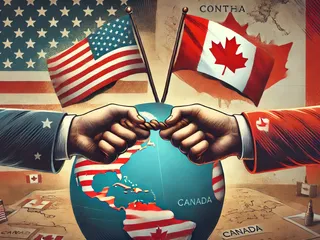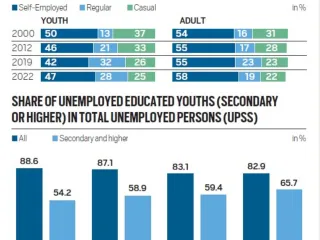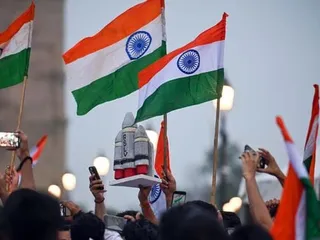International conflicts encompass a wide range of disputes and violent clashes between nations, states, or groups across borders. These conflicts are shaped by a complex interplay of factors, including:
- Political Factors: Territorial disputes, ideological differences, regime change, power struggles, and the pursuit of national interests.
- Economic Factors: Competition for resources, trade disputes, economic sanctions, and unequal distribution of wealth.
- Social Factors: Ethnic tensions, religious differences, historical grievances, and identity politics.
- Security Factors: Arms races, proliferation of weapons, perceived threats, and the role of non-state actors like terrorist groups.
The consequences of international conflicts are often devastating, including:
- Loss of life and displacement: Millions of people are killed or forced to flee their homes every year due to conflict.
- Economic damage: Wars and conflicts disrupt trade, destroy infrastructure, and hinder economic development.
- Environmental destruction: Conflicts often lead to environmental damage, including pollution and the destruction of natural resources.
- Human rights abuses: Conflict zones often witness widespread human rights violations, including war crimes and crimes against humanity.
Efforts towards conflict resolution are crucial and involve a variety of approaches, such as:
- Diplomacy and negotiation: States engage in direct talks and negotiations to find peaceful solutions.
- Mediation and arbitration: Third-party actors help facilitate negotiations and reach agreements.
- Peacekeeping operations: International organizations deploy troops and observers to maintain peace and security in conflict zones. (e.g., UN peacekeeping missions)
- Sanctions and humanitarian aid: International pressure and assistance can play a role in conflict resolution.
Examples of Contemporary and Historical Conflicts:
The study of international conflicts often includes examining specific cases, both contemporary and historical. For detailed information and analyses, you may wish to consult resources from organizations such as the United Nations, academic journals, and think tanks specializing in international relations.
For further in-depth information, you can explore resources from organizations such as:
Understanding international conflicts requires a multi-faceted approach encompassing history, political science, economics, sociology, and international law.






























